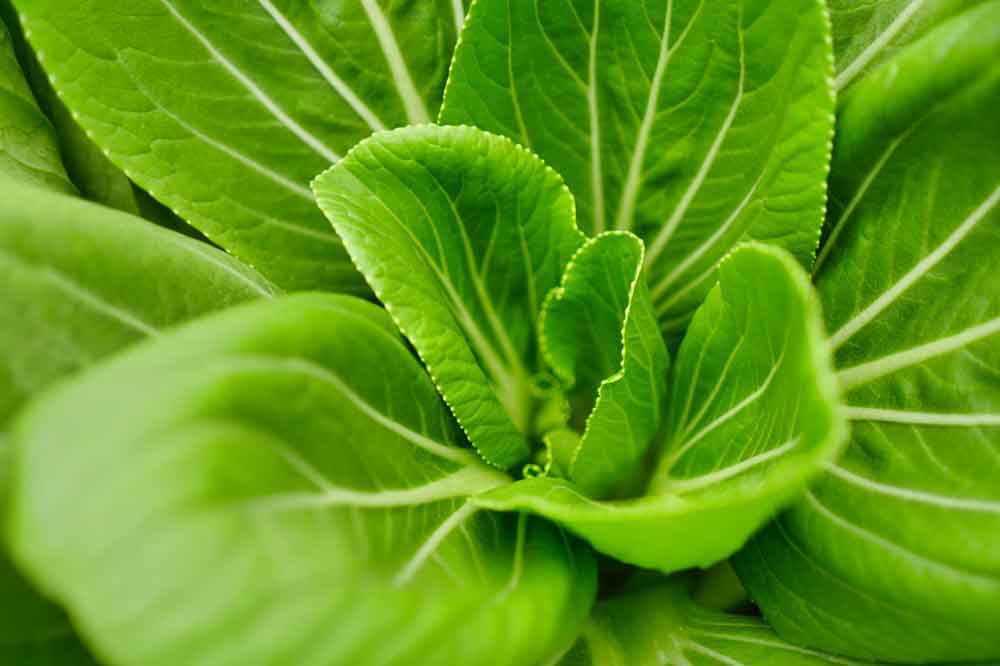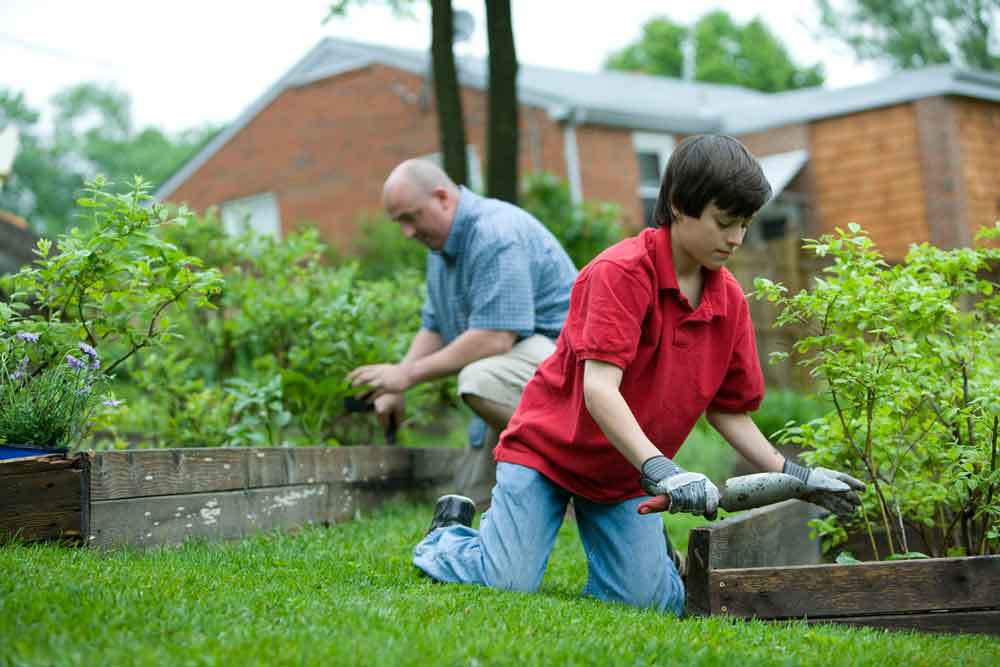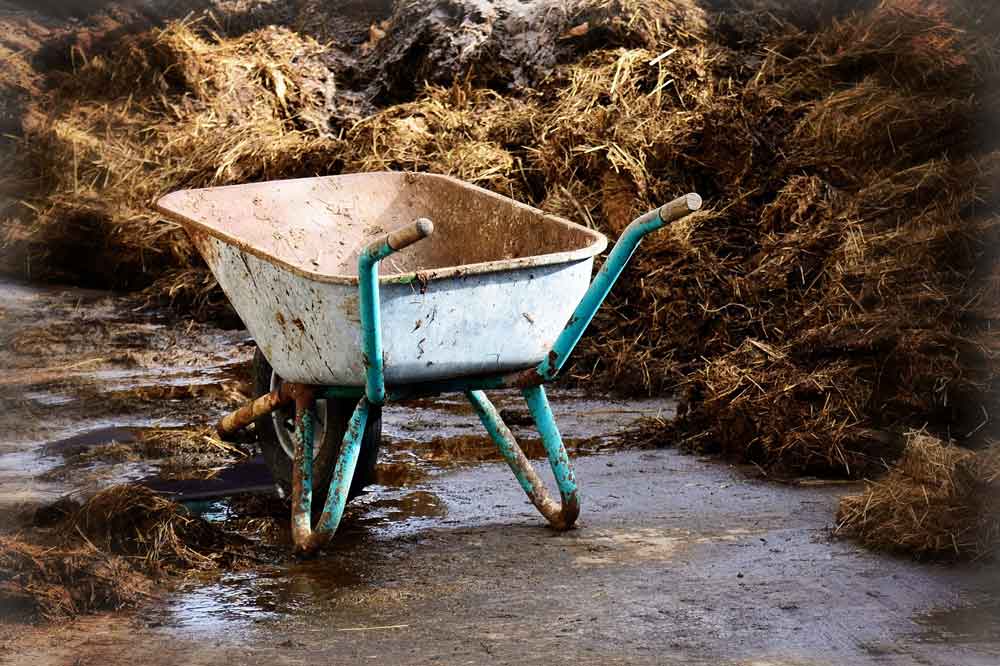Organic Fertilizer: What’s All the Fuss?

Manure for the garden comes from cow, sheep, poultry and horses. Pretty self-explanatory. Manure is known as a “complete” fertilizer; it has a lot of organic matter, but is low in nutrients. Manures are most valuable as organic soil amendments and mulches. Note: Beware of using fresh manure as a fertilizer because it can burn plants. Blood meal is dried, powdered blood collected from cattle slaughterhouses. It’s such a rich source of nitrogen that gardeners have to be careful not to over-apply and burn the roots of their plants. Apply blood meal just before planting to stimulate green leafy growth. Bone meal is finely ground bone. A by-product from animal slaughterhouses, it is a great source of calcium and contains up to 15% phosphate. Bone meal promotes strong root systems and flowering. It is often used when growing flowers, bulbs and fruit trees. Bat guano is protected by caves from leaching, so nutrients are conserved. It is rich in soluble nitrogen, phosphorous and trace elements. Usually powdery, bat guano may be used any time of year as a top dressing or diluted in a tea and used as a foliar spray.
CREATING HEALTHY SOIL

Organic products are ideal for your landscape, because they feed the soil, creating a sustaining environment. Healthy soil leads to healthy plants.1 But when you garden organically, you do much more than nourish your plants. As in nature, an organic soil alive with microbes and fungi releases nutrients slowly to plants. By enriching the soil with organic supplements and encouraging the growth of naturally occurring beneficial organisms, you give your plants the tools they need to access nutrients in the soil and the strength to protect themselves from harmful pathogens and pests. Take the natural approach and amend with soil conditioners, such as earthworm castings, which add organic matter, including humid acid, and desirable microorganisms to your garden soil. This helps make soil borne nutrients, such as iron, more available to plants.2 Gypsum is a soil additive that helps to loosen compacted soil and promote root growth while enriching the soil with calcium and sulfur. Gypsum also improves soil structure.3 Pennington Fast Acting Gypsum is a mined product but contains a synthetic polymer, so it is not an organic soil conditioner.Healthy organic soil feeds plants. Organic gardening also calls for adding homemade or bagged compost to the soil. This improves the overall soil structure by increasing organic matter, which enhances nutrient release to plants and increases water retention. Adding compost also reduces runoff and erosion, and suppresses certain diseases.
What are Organic Fertilizers?

Unlike commercial chemical fertilizers, organic fertilizer for gardens is typically made up of single ingredients, and can be matched to your garden’s particular nutritional needs. The various types of organic fertilizer can come from plant, animal or mineral sources, depending on what chemicals your garden requires. In order to qualify as an organic fertilizer, the materials must naturally occur in nature. Fertilizer for organic gardening isn’t the quick and instant fix that chemical fertilizers can be. With organics, you have to let moisture and beneficial organisms break down the content of the fertilizer material in order for the plants to get to the nutrients inside. In general, half of the nutrients in an organic fertilizer ingredient can be used the first year it is applied, and the rest of it is slowly released in the years to come, feeding and conditioning the soil. Different Types of Organic Fertilizer for the Garden What is the best organic fertilizer to use? There are a number of organic fertilizers from which to choose. There may be all-purpose chemical fertilizers, but this doesn’t exist in the organic side of gardening. Different organic fertilizers add different nutrients and ingredients to the soil. The materials you need depend completely on your soil and the plants you are growing in the garden. Plant-based fertilizers Plant-based fertilizers break down quicker than other organics, but they generally offer more in the way of soil conditioning than actual nutrients. These materials, such as alfalfa meal or compost, help to add drainage and moisture retention to poor soils. Other plant-based fertilizers include:
